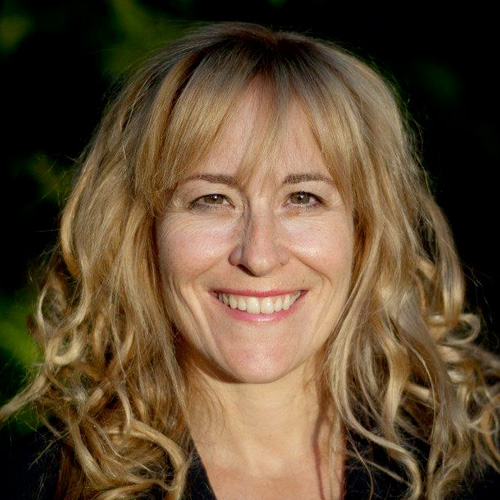As the new year dawns, younger and older couples are facing credit card debt that is close to the pinnacle. But how do we get our personal finances back on track when money is stressful for 43% of Canadians? Here are 10 tips to put into practice.
1. Plan
Go over the next year by scrutinizing each quarter. Think of the predictable events that generate a source of expense: Valentine’s Day, birthdays of children, of lovers, etc. Also, next February, the homeowners must already start paying the taxes. To avoid stress, why not ask your financial institution to collect your school and municipal taxes from your mortgage payments? Some institutions offer it.
2. Precious time
How do you save when you feel like a workaholic? First we have to think about our activities. Is a movie outing really necessary when, for two adults and two children, it costs almost $40, and popcorn is not included on that. During the holidays, why not slowly go into savings mode to focus on the moments together. Let’s take out the board games that have been sleeping on the shelf for months. Let’s have fun with family and friends.
3. Valentine’s Day
Is that romantic weekend in Charlevoix or in Quebec really necessary? “We never do anything for us. Children always go first and it won’t cost much, we use such a package (Tuango or others)”. Finally, with suppers and breakfasts not included, the bill can easily reach double – if not triple – the initial amount of $150. This year, let’s create a festive atmosphere with hearts, angels and candles for a quiet romantic dinner.
4. The Mechanic
This category means changing tires, brakes, etc. A good mechanic will warn his client a few months in advance. During the routine checkup, the mechanic told me, “Expect to change your brakes in the spring. It will cost close to $400”.
5. Graduation ball
Your boy or girl is finishing high school next June? It costs a fortune to pay for a dress or tuxedo. For girls, we must add the make-up session, manicure, purchase of high-heeled shoes. Invoice: minimum $500. To avoid being caught off guard, put an amount in a savings account starting in January to avoid the need for credit.
6. Vacation
In 2020, do you dream of leaving your routine behind? A friend left with her two children for a campsite in the United States. “We each budgeted $50 per pay or $200 per month for 10 months,” she said.
7. Back to school
The famous back to school. Each year, parents are amazed at the exorbitant price of this so predictable period. Go back. How much did the new pair of kids’ shoes and clothes cost? This year, there is no question of paying by credit. As of January, in Quebec, there are 679,000 families with two or more children who will receive an average of $779 more in provincial allowances. This represents approximately $70 per month. Why not put it in an envelope or savings account? In 9 months, you will have a margin of $900 to cover these expenses.
8. Extra-curricular activities and RRSP-Studies
Does your child love skating or hockey? This includes significant equipment and registration fees. Some parents talk about $800. It should also be expected that in 17 or 20 years they will be at university. A course right now costs around $300. By subscribing to an RRSP-Studies account, you will not have to worry about this expense. This security is priceless when you have reached a period in your life, at 50 or 60 years when the pace of work slows down. And knowing that your children will be able to devote themselves to their university studies without necessarily working outside, it really brings relief.
9. Maintenance and appliance costs
Go around your home and look at each room as well as the shed. Your old fridge already has some signs of exhaustion. Plan a good $800 to $900 (the cheapest on the market). Take a look at the carpet at the entrance, the paint that hasn’t been done in 15 years or the roof that will need repairs.
10. Emergency fund
There needs to be an emergency fund for all of this. We start to put $2, $5 or $10 per week in an account. After 5 months, a year, we have amassed a good little nest for unforeseen expenses. This avoids relying on credit cards. “When we pay with our money, we have no debt to anyone and no interest to pay,” says Pierre-Antoine Blain, financial reorganization advisor at Pierre Roy & Associés.
If your debts cause you headaches and insomnia, you should make an appointment with a specialist who will advise you on how to deal with it. Solutions exist. Above all, avoid waiting. Advisors are there to explain what to do as an offer to creditors. “It’s a mix between debt consolidation and bankruptcy,” explains Mr. Blain.
When people come out of his office, he sees unspeakable relief in their eyes. Finally, they no longer have to bear this burden on their shoulders.
Finally, the ultimate advice is to make a budget, a tedious but necessary exercise. By carefully recording our expenses, rent, car payment, electricity, cell phone costs while including the amount of the payment of our debts.
Here is a tool that can help: https://itools-ioutils.fcac-acfc.gc.ca/BP-PB/budget-planner




